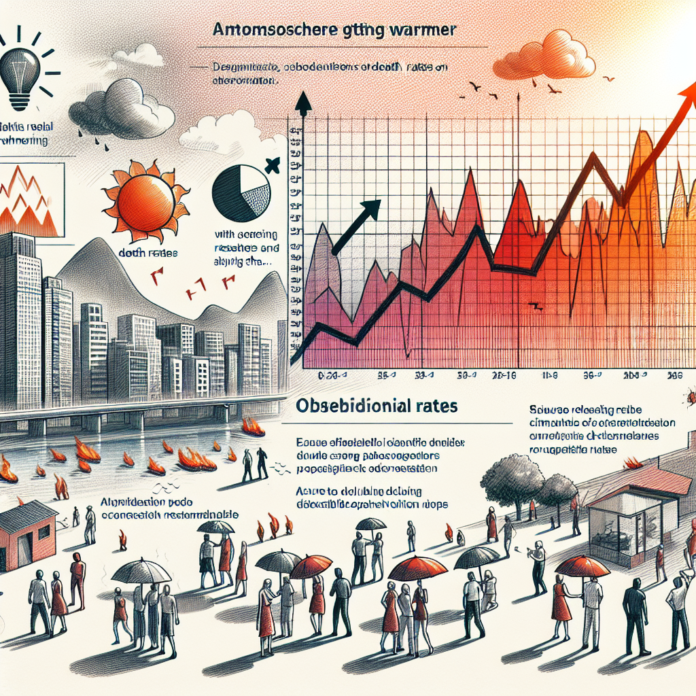Heat Wave Mortality Studies Highlight Climate Change Risks for Urban Areas
Heat Wave Mortality Studies Reveal Climate Change Impacts and Risk for Cities
Recent studies on heat wave mortality have highlighted the significant impacts of climate change on urban areas, revealing alarming trends in public health risks associated with extreme heat events. As global temperatures continue to rise, cities are increasingly vulnerable to heat-related health issues, leading to a higher incidence of mortality during heat waves.
Research indicates that the frequency and intensity of heat waves are expected to increase due to climate change, exacerbating the risk for populations in densely populated urban environments. Vulnerable groups, including the elderly, those with pre-existing health conditions, and lower-income communities, face the highest risks during extreme heat events. The combination of heat stress and socio-economic factors can lead to severe health consequences, including heat exhaustion, heat stroke, and exacerbation of chronic illnesses.
In addition to direct health impacts, heat waves can also strain public health systems and emergency services, leading to increased healthcare costs and resource allocation challenges. Cities that have historically been less affected by heat are now experiencing rising temperatures, necessitating the need for comprehensive heat action plans. These plans can include early warning systems, public awareness campaigns, and the establishment of cooling centers to provide relief during extreme weather events.
Moreover, urban planning and design play a crucial role in mitigating the effects of heat waves. Green spaces, urban forests, and reflective building materials can help reduce the urban heat island effect, where cities become significantly warmer than their rural surroundings. Implementing these strategies can not only enhance the resilience of urban areas to heat waves but also improve overall quality of life for residents.
In conclusion, the findings from heat wave mortality studies underscore the urgent need for cities to adapt to the realities of climate change. By addressing the health risks associated with extreme heat events and implementing effective mitigation strategies, urban areas can better protect their populations and ensure a healthier future in the face of a warming climate.


